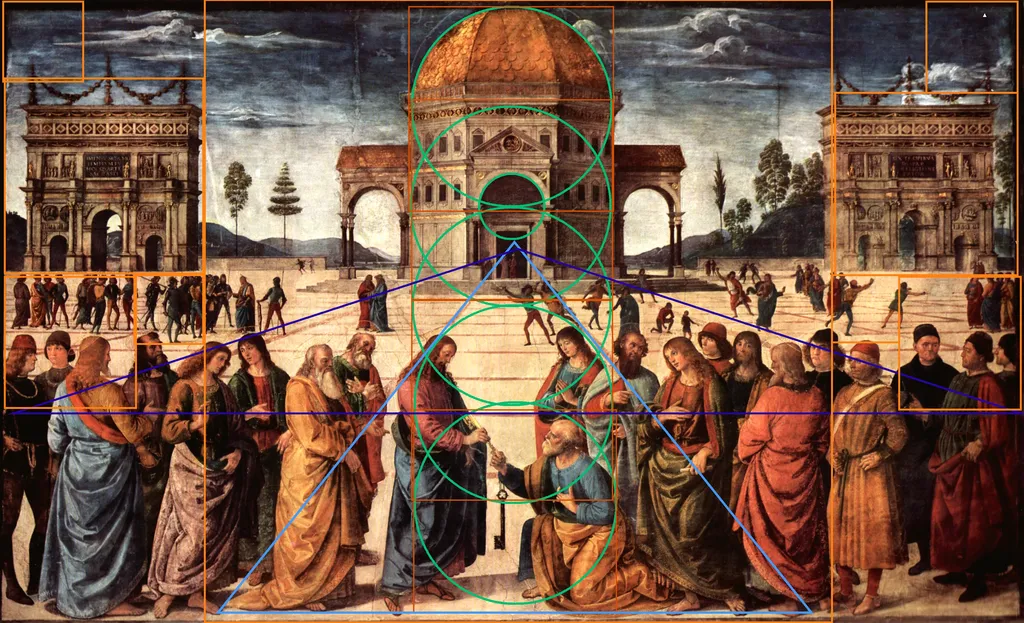Click here to read customer reviews of Counting To God.
“Football labor lawyer Doug Ell earned a double degree in math and physics while an atheist at MIT. Now he’s headed back to argue for the existence of a deity.”
Doug Ell’s book “Counting To God” is refreshing. It tells of a world of infinite beauty and complexity that points to its creator-a rediscovery of the role of Natural Law. His scientific evidence for faith undermines the moral relativism of our age, where all norms arise from our desires. In his last chapter, Connecting The Dots, Doug calls for tolerance among the Abrahamic Faiths, and a united stand against the religion of Scientism. Great book.
-Bishop Edward L. Salmon, Jr., Dean of Nashotah House Theological Seminary
Former Bishop of the Diocese of South Carolina
I highly recommend this thoughtful exploration of the relation between science and spirituality, two seemingly opposed descriptions of our world. Posed as a personal journey, Doug asks “How can we relate the descriptions of the spiritual and physical worlds?” Doug takes on the biggest questions of our time: cosmology, the origin of the universe and the biochemistry of genetics in a relevant and accessible way. Whether you agree with him or not, you will enjoy and learn from this book.
-Professor Peter Fisher, Head of the Department of Physics, MIT
Counting To God tells the compelling story of a young scholar’s loss of faith, and how the arguments for intelligent design helped him regain that faith. In the process, Doug Ell provides a highly accessible introduction to the evidence for design from physics, cosmology, biology, and other scientific fields.
-Dr. Stephen Meyer, Philosopher of Science and author of the New York Times best seller Darwin’s Doubt The Explosive Origin of Animal Life and the Case for Intelligent Design
Douglas Ell has written a well-informed, heart-felt exposition of the evidence for design in the universe. Having made the journey from skepticism to belief himself, he eloquently lays out his case in a manner that readers will find engaging, persuasive, and accessible. I recommend this book to anyone willing to listen to reason, no matter what their background.
-Dr. Ann Gauger, co-author of “Science and Human Origins
Doug Ell’s telling of his personal journey from nonbelief to theism by following the evidence of science is a welcome antidote to the steady stream of distorted science from Richard Dawkins and the other ‘New Atheists’.
-Dr. Guillermo Gonzalez, co-author of “The Privileged Planet: How Our Place in the Cosmos Is Designed for Discovery”
Counting To God: A New Book Providing an Introduction to the Evidence for Intelligent Design
By Casey Luskin
A lot of books–many of them very good ones — have been written about the debate over intelligent design. But rarely does a book combine both a compelling story of one’s personal faith journey alongside a well-written, comprehensive,easy-to-read presentation of the scientific evidence. Lee Strobel’s 2004 book Case for a Creator comes to mind, but that book is now ten years old, and it’s never too soon for an update. As a result, I’m pleased to recommend a new book that is an outstanding addition to this genre: Counting to God: A Personal Journey through Science to Belief, by Doug Ell.
Doug Ell is an attorney in Washington D.C. with an undergraduate degree in math and physics from MIT, and a masters degree from the University of Maryland in theoretical math. You’ll have to read the book to learn Doug’s entire story, but he was born into a religious home, and by the time he started college, had drifted away from his religious upbringing which he viewed as outdated superstition. His non-religious beliefs were reaffirmed during his tenure as an undergraduate student at MIT, where he came to embrace scientism — the view that scientific investigation is the only means of discovering real truth. Sometime later, however, Doug was introduced to the scientific theory of intelligent design, and everything began to change.
Counting to God not only tells Doug’s story, but it recounts various key lines of evidence that support intelligent design and challenge materialistic explanations that helped point Doug to the fact that materialism is wrong. He presents what he calls the “seven wonders” of science of the new millennium, including evidence showing:
- The universe had a beginning, and a first cause, some 14 billion years ago
- The universe is finely-tuned for life
- The complexity of life cannot arise through unguided processes
- DNA contains information and biological machines
- New species appear suddenly in the fossil record
- Earth is a special planet, uniquely suited to life on Earth
- Quantum physics points to a reality outside of space and time
Ell surveys the evidence in each of these areas, discussing many intriguing topics long the way, such as the multiverse, junk DNA, irreducible complexity, orphan genes, and near death experiences. The entire discussion is in service to answering what he calls “the great question.” He asks:
Do you think we live in a meaningless universe, and human beings were created by accident? Or do you think we live in a universe designed and created by a great intelligence, and human beings were designed? Accident or design—that is the question.
As an attorney, Ell is well-aware that to answer this question, one must allow a free and fair presentation of all the evidence. Thus, he notes that one factor that drove him towards the ID viewpoint was learning “discrimination” and “violation of intellectual freedom” faced by ID proponents, which made left him “feeling a little angry, and a little ashamed of the scientific community.” He asks: “What was wrong with discussing the mere possibility of design?” He thus issues a challenge to his readers:
You have a choice. You can impartially consider new scientific evidence as it becomes available and revise your opinions as dictated by facts. Or you can do what most people do, just go with the existing paradigm. I’m asking you to have the courage to explore the harder path. I’m asking you to consider the evidence, some of the most sophisticated results of modern science, and make your own decision.
In issuing this challenge, Ell insists he is “not suggesting religious control of government or the media. All I am suggesting is free and open debate, and that we recognize Scientism as a belief.” If you feel ready to take this challenge, Counting to God is a great place to start.
Casey Luskin is an attorney with a graduate degree in earth sciences, and serves as Research Coordinator for the Discovery Institute in Seattle, Washington.





Leave a Reply